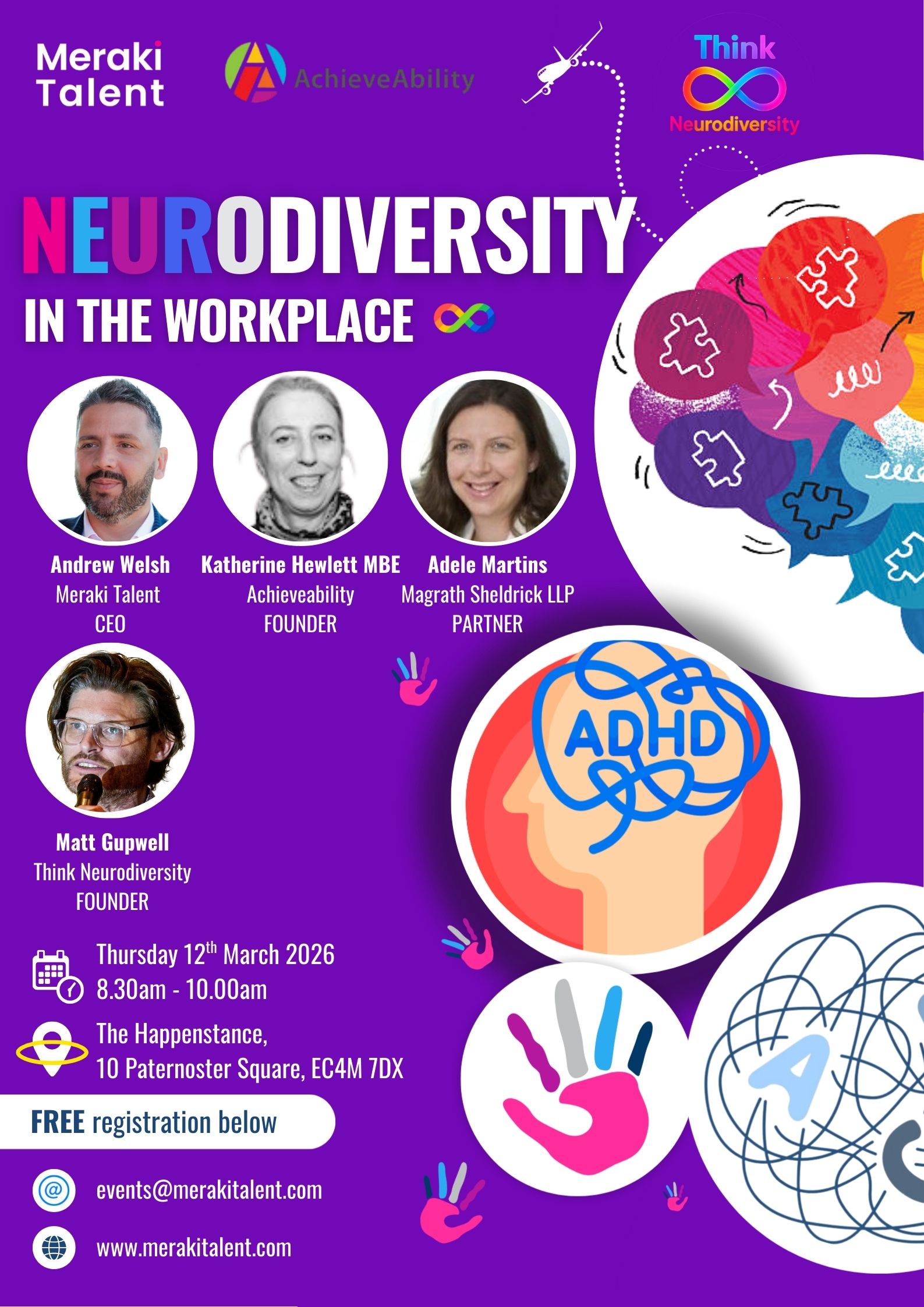
Five ways your recruiting role is changing in 2025
| 07/01/2025
If you're in recruitment today, your job will be very different in a few years — even if you keep the same job title. Whether you’re a hiring manager or a talent acquisition specialist, you’ll encounter shifting priorities, new tech, and increased competition for talent. Adapting to these changes is essential for success. We explore how recruitment roles are transforming and what you can do to stay ahead.
Adapt to ever-changing hiring strategies
As business models, markets, and goals change, recruiting teams must be able to pivot. One approach more hiring managers are taking, is that of skills-based hiring. Skills-based hiring has increased over the last two years. According to the State of Skills-Based Hiring 2024 report by Test Gorilla 81% of companies now use skills-based hiring and 59% of employers started using it in the last two years. In 2025 and beyond, new career paths will emerge. The changing nature of work, the gap between skills, and the rise of online learning will contribute to a skills-based approach. Diversity and inclusion will continue to be at the forefront of hiring. Skills-based hiring reduces bias, leading to more diverse and inclusive teams.
More talent shortages in key industries
As businesses embrace advanced tech like AI, ML, and cybersecurity, demand for skills surges. According to McKinsey, 87% of companies will experience skills gaps in key areas in 2025. It is no surprise that the tech sector is one of those facing the largest talent shortages. When hiring for new roles, a blended approach will come into play. Passive candidates will
be an untapped resource of good-quality potential employees. While it might be easier to attract active candidates than those out of work, a sourcing strategy that includes techniques for attracting passive candidates will become more effective over the coming years. As a result, improving the candidate experience will become a focal point, with recruiters striving to create positive and engaging interactions throughout the recruitment process. This focus is crucial for attracting and retaining top talent.
AI is reshaping HR and talent
According to a LinkedIn study, 76% of recruiters believe AI will impact their talent acquisition. Data from the Pew Research Center found that 60% of companies think AI will be fundamental in managing talent acquisition. And 65% of recruiters have been utilising AI for recruitment. Artificial intelligence transforms every aspect of our lives, from how we shop to studying and working. It comes as no surprise that AI is changing how organisations approach recruitment. AI will be a game-changer, reshaping how organisations identify, engage, and nurture their most important asset—human resources.
Automating routine tasks, like CV screening and interview scheduling, enables HR to focus on the strategic aspects of talent acquisition. When demand for skilled talent is high, using AI tech tools speeds up the process. If you have outdated recruitment technology, processes will take longer. People analytics will become an increasingly useful asset to HR teams. By extracting insights from large datasets, organisations can identify trends, predict candidate success, and optimise their hiring strategies. Predictive analytics can minimise hiring biases, reduce costs, and enhance long-term retention. By using AI, firms can access data and intelligence around candidate capabilities. By examining patterns from past hires, AI identifies traits associated with high-performing employees.
Recruiters as strategic partners in hiring
In the future, recruiters will move beyond traditional tasks like sourcing and interviewing to play a more strategic role. Strategic thinking, problem-solving, and business acumen will be as important as knowing the ins and outs of recruitment. Companies will increasingly expect those recruiting to execute hiring plans and design them, aligning recruitment strategies with business objectives. More and more heads of recruitment in businesses will likely come from roles outside of HR. This demands a deeper understanding of business needs and a proactive approach to talent acquisition.
This is likely to go one step further as many companies may look to enhance their recruiting teams by adding specialists. These team members will be dedicated to talent analytics, recruitment marketing, and recruitment tech.
Future-focused: evolving skills for talent acquisition success
Some of the key skills and competencies that hiring managers and talent professionals will need to develop are:
- Technical understanding: a basic knowledge of how AI tools work, and how to use them in their HR processes and tasks.
- Business accuracy: Recruiters will be less like salespeople and more like business people.
- Data literacy: to use data-driven insights to inform their decisions
- Legal implications: aware of data privacy, security, bias, and discrimination.
Businesses will need recruiters more, and recruiters will be called on to do more. One thing is certain: hiring in 2025 and beyond will be challenging and rewarding.
Find out what jobs Meraki Talent has on offer.
